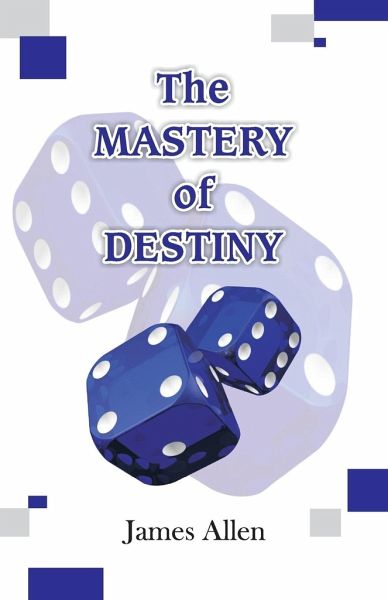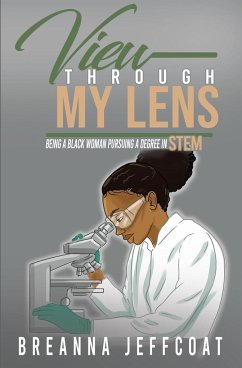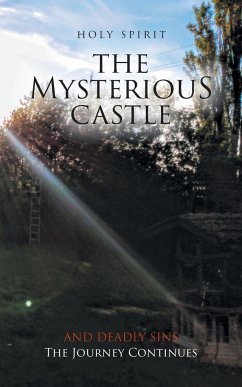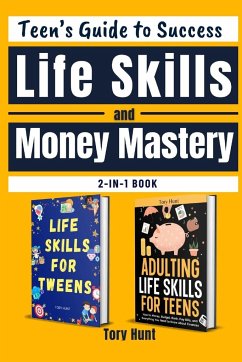
The Mastery of Destiny
Versandkostenfrei!
Versandfertig in 1-2 Wochen
9,99 €
inkl. MwSt.

PAYBACK Punkte
5 °P sammeln!
The Mastery of Destiny is a self-help book by James Allen. With his emphasis on personal responsibility and harnessing one's inner power, he covers topics such as the Science of Self-Control, Training of the Will, Cultivation of Concentration, the Power of Purpose, and the Joy of Accomplishment. In this work, he instructs readers that through discipline and mindfulness, we can create a life of unending happiness, prosperity, and most importantly self-mastery. James Allen (28 November 1864 - 24 January 1912) was a British philosophical writer known for his inspirational books, poetry and a pion...
The Mastery of Destiny is a self-help book by James Allen. With his emphasis on personal responsibility and harnessing one's inner power, he covers topics such as the Science of Self-Control, Training of the Will, Cultivation of Concentration, the Power of Purpose, and the Joy of Accomplishment. In this work, he instructs readers that through discipline and mindfulness, we can create a life of unending happiness, prosperity, and most importantly self-mastery. James Allen (28 November 1864 - 24 January 1912) was a British philosophical writer known for his inspirational books, poetry and a pioneer of the self-help movement. Best known for As a Man Thinketh, he authored many other books including The Way of Peace, Eight Pillars of Prosperity, and Entering the Kingdom.












